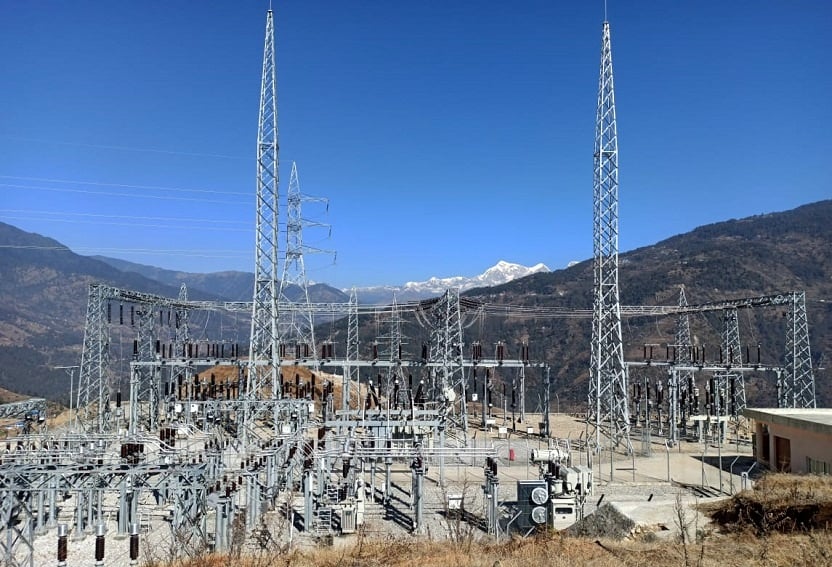Rumors and truths about MCC: Govt (with full document)

KATHMANDU, Feb 17: The government has made it clear that no provisions of the Millennium Corporate Challenge (MCC) will affect Nepal's sovereignty and independence.
At the time when the key coalition members of PM Sher Bahadur Deuba-led government are opposing the government’s move totable the compact in parliament and protests have intensified in the streets of Kathmandu, the government has tried to make it clear that the MCC is not against the country’s sovereignty.
On the question of parliamentary ratification, the government has maintained that the MCC requires parliamentary ratification as per the suggestion of the Ministry of Law, Justice and Parliament. There is no provision of parliamentary ratification in the compact itself, according to the government.
The government has also accused the media channels of planting misunderstanding among the general public regarding certain provisions of the compact. To make it clear, the government on Thursday issued a 11-points clarification regarding the compact.
Here is what the governmnet has to say:
- Is MCC supreme over constitution and law?
Nepal being a member state of the Vienna Convention, if any of the provisions of the treaty, agreements or compact made with any nation conflict with the constitution and law of the country, it is obliged to follow the provisions of that particular treaty, agreement or compact. Besides, so far there are no such provisions in the MCC that conflict with the constitution and law of Nepal.
- MCC and sovereignty of Nepal
The MCC will affect Nepal’s sovereignty and independence.
- Issues of intellectual property
Nepal will have the first claim over the intellectual property of the MCC. MCC can also utilize it.
- Auditing
Auditing of the project will be carried out by Nepal along with auditors deployed by MCC.
- India’s permission to implement the project
The agreement for the project from India is required only to construct the transmission line to be built joining Nepal and India and the agreement has already been made.
- Property of the project
Nepal will have ownership over all the properties of the project. The tenure of the MCC will be no more than five years.












_GuyKOE272v.png)





Leave Comment